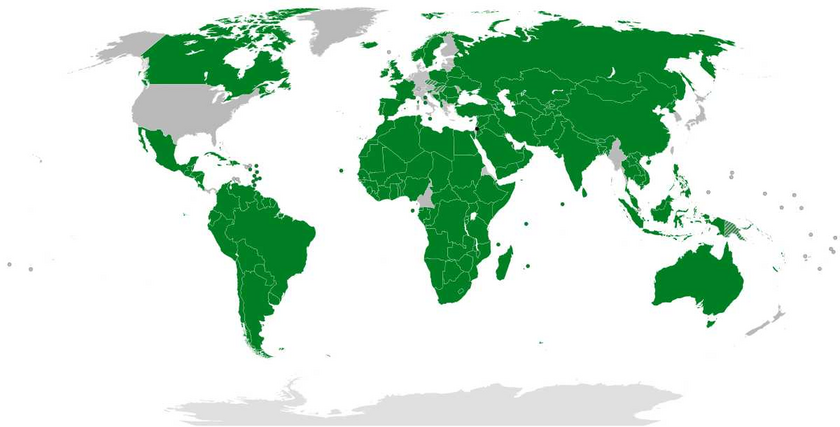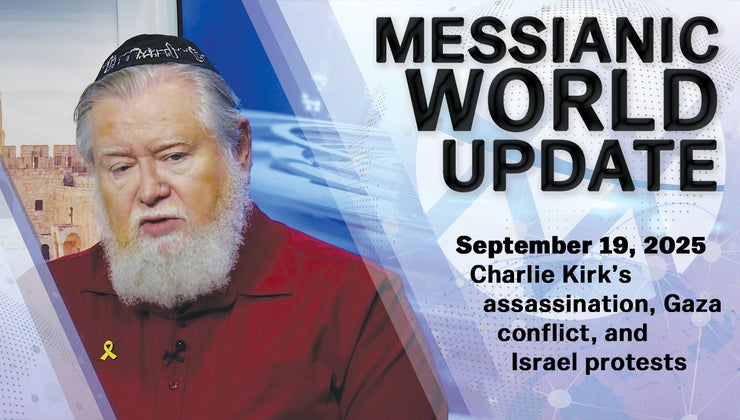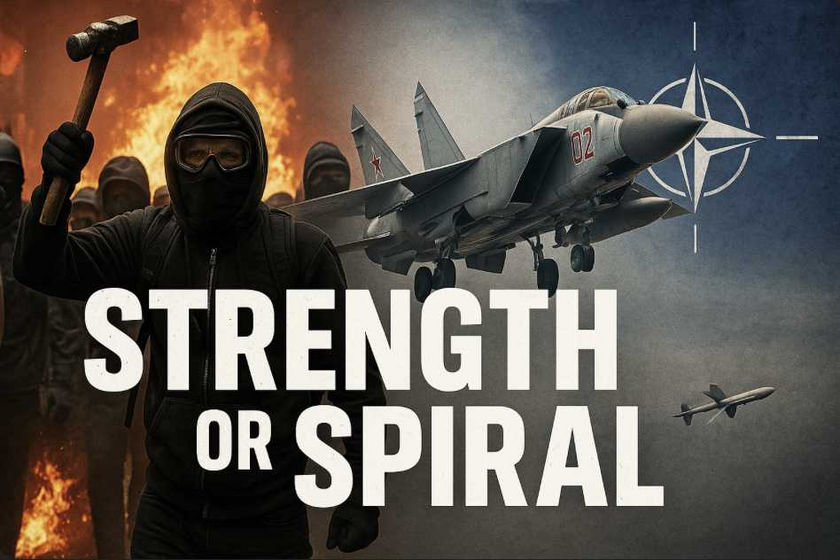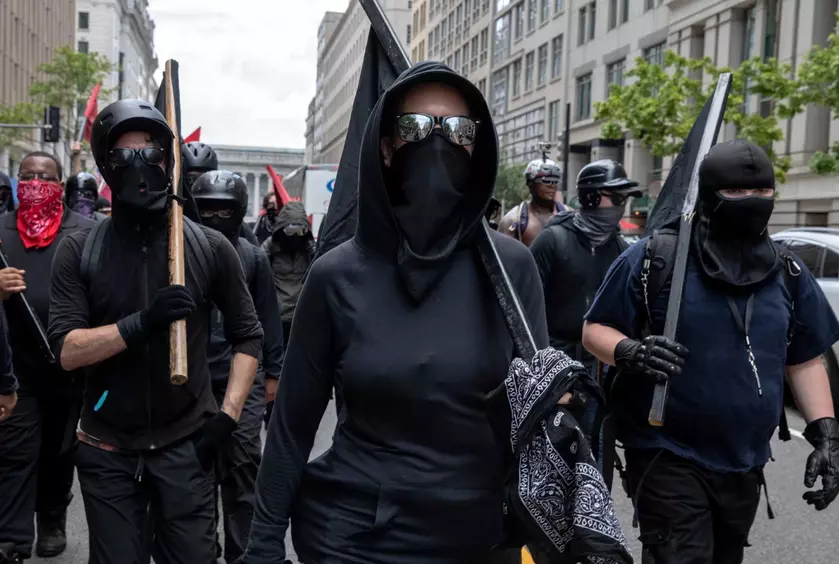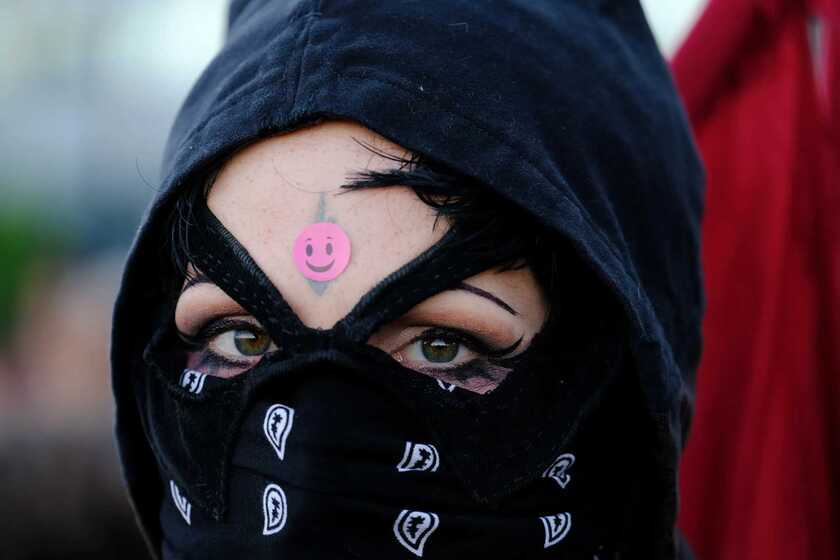I saw this post from a friend on Facebook that had some worthy points on video games. Take a look:
For a little while I was into playing a couple of video games. While I enjoyed the exploring and the beautiful scenery and some of the storyline, there was just too much killing. It was all killing of bad creatures or characters but it was killing. I stopped. I saw the following in FB and had to share... Hate crimes are rising. Mass shootings, assaults on minority communities, and public displays of violence are no longer rare — they are creeping into our everyday sense of “normal.”
What’s fueling this surge?
We often debate politics or mental health, but I believe we ignore at our peril a powerful duo: social media engineered to addict, and video games that blur the line between virtual carnage and emotional numbness.
Social media platforms are built to keep us hooked. They exploit our instincts for novelty, fear, and belonging — pulling us into loops of increasingly extreme content.
Research shows algorithms often steer users toward radical or polarizing material. And the danger isn’t just finding hate online — it’s being rewarded for it. Likes, shares, and comments reinforce our worst impulses. Fringe viewpoints spread through memes and echo chambers until they feel almost mainstream. Violence, whether physical or symbolic, becomes spectacle.
Parallel to social media’s outrage machine is another trend: video games and violent media dulling our emotional response to real suffering.
In many games, players aim, shoot, and destroy without absorbing aftermath or human cost.
Studies link repeated exposure to:
Lower emotional reactivity to real-world violence
Reduced empathy for victims
Higher aggressive thoughts and behaviors
The more violence becomes gamified or treated as entertainment, the easier cruelty becomes to justify — or overlook.
Consider this cycle:
A teenager plays a first-person shooter → emotional response to violence decreases
They spend hours on social media where shocking content drives engagement
Violent acts become more visible, more shared, more imitated
And because they are desensitized and socially rewarded, there’s less internal resistance to cruelty
Hate crime has many causes — social, economic, political, psychological.
But the media ecosystem is not neutral.
It shapes norms, primes aggression, and rewards spectacle.
If we want a society where violence is the exception — not the entertainment — we must act:
Platform accountability — Algorithms must consider emotional impact, not just engagement.
Media literacy in schools — Teach kids to spot manipulated content and distinguish virtual vs. real violence.
Parental & community dialogue — Not just “how much screen time” but “what kind — and how it makes you feel.”
Creator responsibility — Show consequences, avoid glorification, provide meaningful choices.
Policy safeguards — Especially for youth, similar to how we regulate other harmful media.
The root problem isn’t screens or games or social media.
It’s what we allow them to become.
These tools can connect, educate, and inspire — or they can numb.
If we are to stem the tide of hate, we must revive our capacity for empathy — and our willingness to be outraged when outrage is warranted.
Because in the end, a society’s cruelty is shaped as much by what it tolerates as by what it celebrates.
